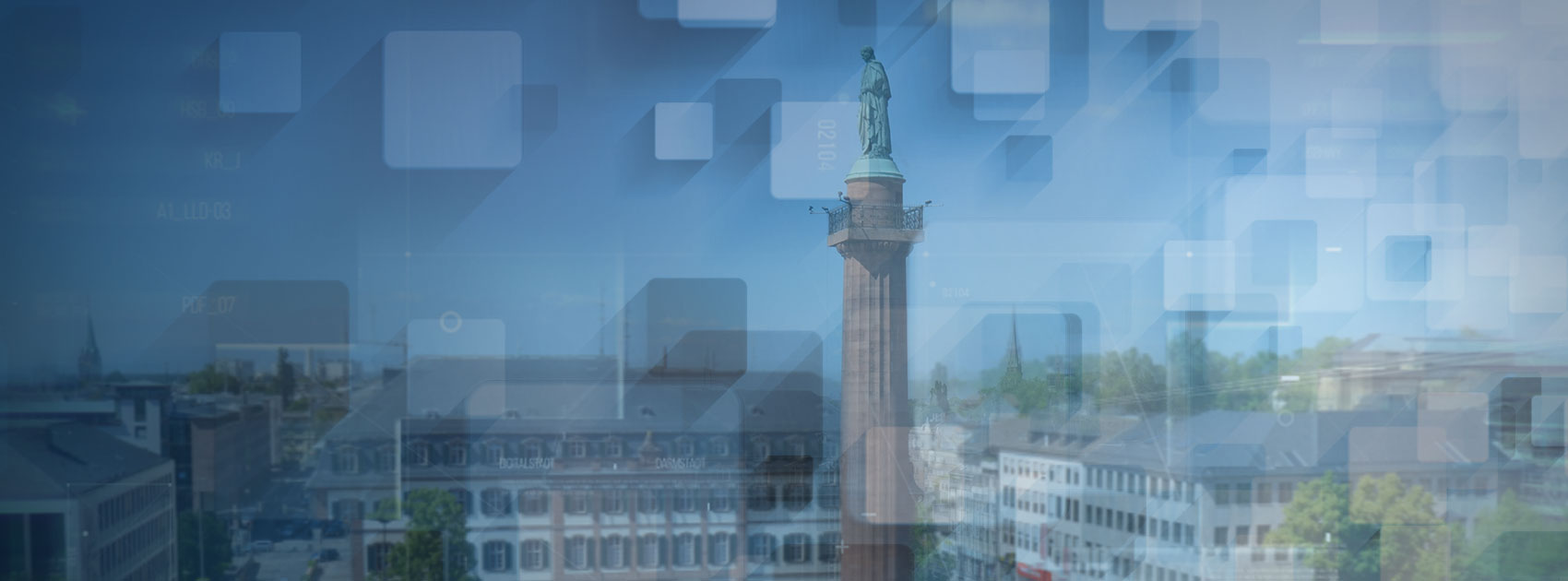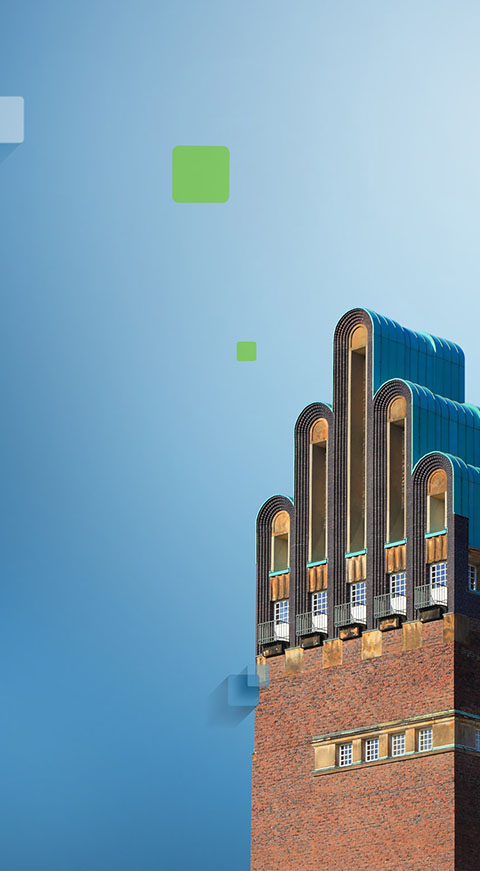
The digital association Bitkom presented the Smart City Index 2023 on Thursday, October 12, 2023. The index looks at 81 major German cities with more than 100,000 inhabitants in five categories: administration, IT and communication, energy and environment, mobility and, for the first time, society and education.
The digital city of Darmstadt achieved 16th place this year and is therefore no longer among the top ten cities.
“For us, the ranking is an incentive, not a defeat: we will keep at it and see digitalization as an instrument for the future of Darmstadt. We always keep the parameters and indicators of the Bitkom Index in mind and use them as a valuable guide. They have also helped us to identify new projects in Darmstadt and get them off the ground. For example, we have implemented the virtual town hall with comprehensive digital services, from applying for the citizen’s allowance to registering a driving license and starting a business. At the same time, the data platform has been expanded to include environmental data, for example. There has also been some progress in the field of education, including the accelerated expansion of WLAN and the establishment of a central server architecture for Darmstadt’s school landscape at a cost of 2.4 million euros,” says Holger Klötzner, Head of Digitalization.
The Smart City Index is based on an analysis for which more than 12,700 data points were recorded, checked and qualified – almost 2,000 more than in previous years. For each city, 157 parameters were examined, 20 more than in previous years. Index values were calculated for each city in the five categories, from which the overall value and overall ranking were calculated.
“A slightly poorer performance in the ranking does not mean that the cities are less digital than before,” says Bitkom President Dr. Ralf Wintergerst. He continues: “We are experiencing enormous momentum in the smart city sector, the gaps are narrowing and we are seeing time and again that it can be worth sticking with it.”
Compared to the previous year, the rating for Darmstadt in the Administration category remained the same. Although there was a slight drop in points for energy and environment (-2 places), Darmstadt still made it into the top ten here in 9th place. Significantly fewer points (-36 places) were scored in the communications sector, which is due to the fact that the fiber optic and broadband expansion has not yet been completed. In this context, however, it must be mentioned that Entega AG’s investments in this area have increased many times over since 2022 and will have an impact in the coming years. Fewer points were also scored in the mobility category (-17 places), as current projects in the area of smart traffic management (DAnalytics+) and parking (Smart Parking) have not yet been completed. In contrast, Darmstadt made significant gains in the Society and Education category (+27) and now occupies 5th place in the overall ranking, which is due in particular to its digital education offerings and opportunities for participation.
The aim of the Smart City Index is to provide cities with a basis for comparison for their own digital activities, to make examples of success visible and to support all cities in their digitalization efforts. “We also use the Smart City Index to see which digitalization topics are coming more into focus in Germany in any given year. We analyze all indicators in detail and compare them with our digital strategy. We don’t just want to work through the specified parameters, we want to apply them to the needs of the citizens and the city of Darmstadt. Some points simply don’t carry as much weight, which automatically means a lower rating in the index,” says David da Torre Suárez, Managing Director of Digitalstadt Darmstadt GmbH.
In comparison with other Hessian cities, Darmstadt is still in first place. “Digitalstadt Darmstadt is still at a very high level and we are focusing on the digitalization topics that are important for Darmstadt. We are looking to exchange ideas with other cities and municipalities in order to share experience and expertise,” says Simone Schlosser, Managing Director of Digitalstadt Darmstadt. Holger Klötzner adds: “We will shortly be publishing the digital policy vision “Digital City 2030″, which picks up on some of the points from the Bitkom Index and sets out a clear direction for the coming years. Regardless of the Bitkom Index, what counts in the end is what offers the greatest added value for the citizens of Darmstadt”.

